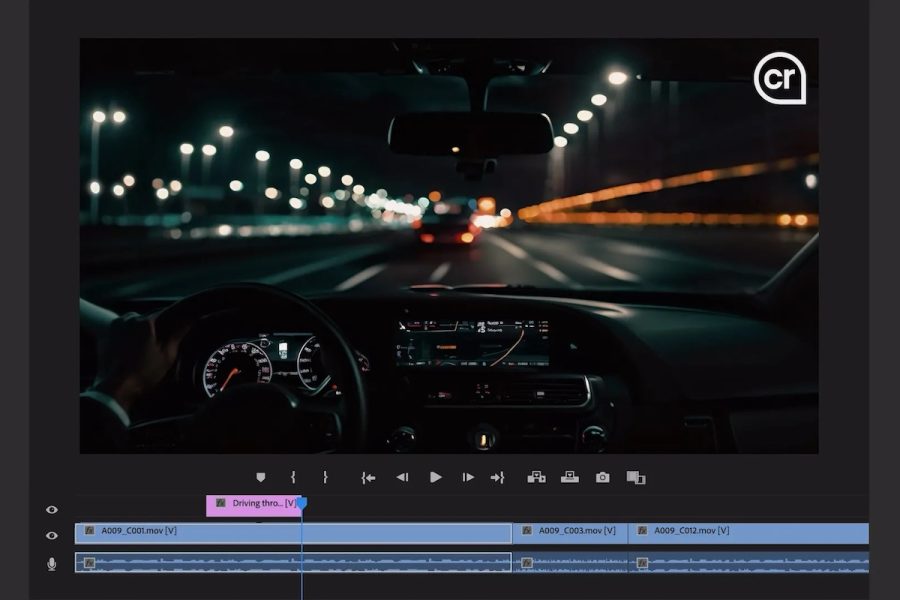The holy grail in web search technology is to be able to ask a simple question, in natural language, and get a simple answer. With Google’s announcement today of Google Squared coming to its search results, the search engine has moved one step closer to that grail.

According to the company’s blog from one year ago today, when Google Squared first launched, “unlike a normal search engine, Google Squared doesn’t find webpages about your topic — instead, it automatically fetches and organizes facts from across the Internet.”
Now, that functionality is being added to Google’s traditional search results in two ways. First, simple queries, such as Catherine Zeta-Jones date of birth, are getting some simple answers.

By clicking “show sources” on the Squared-provided result, a list of sources appears showing you how Google is arriving at this answer.
Second, Google Squared is being used to provide a new feature in Google’s recently-added sidebar: “Something different”. This feature provides a list of related searches that might be of interest as determined by looking at your current search term.
All of this is a step in the direction of the semantic web, wherein bits of information are categorized and tagged according to their relationship with other data. As Google explains in relation to its new “Something Different” feature, “if you search for [ noodles ], you might see tofu, vermicelli, and dumplings listed” because it tries to show “some queries that may be in the same category as your original search.” Each of these possibities, for example, could fall under the category of “food”. In the case of searching for Catherine Zeta-Jones date of birth, the phrase “date of birth” would be semantically related to a “date”, which is a numerical piece of data often found using some very specific syntax.
Much of this information, however, relies either on Google’s abillity to naturally parse information or for web publishers to begin “adopting microformats or RDFa standards to mark up their HTML and bring this structured data to the surface”, as the company wrote at launch last year.
The addition of Google Squared helps position Google against competitors like Bing, which already tries to provide simple answers such as with Bing Health, Facebook, which wants to organize information according to what your friends like, and Twitter, which wants to cater to desires for real-time information










